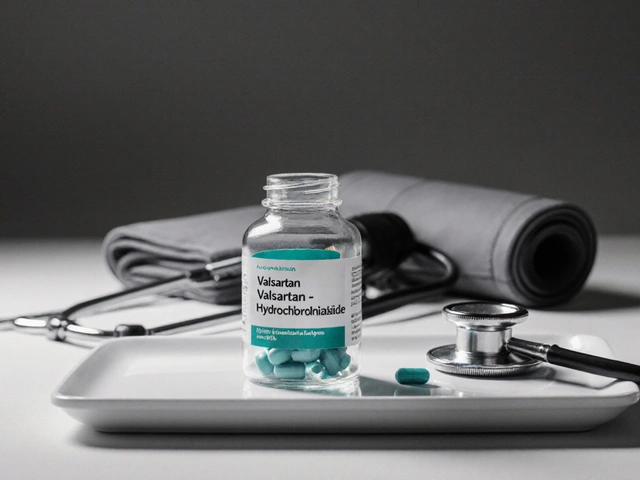Natural Dietary Supplement Guide: Benefits, Safety Tips & Top Picks
If you’ve ever wondered whether a plant‑based pill can actually help, you’re not alone. Natural dietary supplements are everywhere—on store shelves, in ads, and on social feeds. They promise more energy, better sleep, or stronger immunity, but the hype can be confusing. This guide cuts through the noise with plain language, so you know what works, what doesn’t, and how to shop safely.
How to Pick a Good Natural Supplement
Start by checking the label for three things: ingredient list, dosage, and third‑party testing. A clear ingredient list tells you exactly what’s inside—no hidden fillers or proprietary blends. The dosage should match what research says works; if it looks too low to make a difference, beware. Third‑party seals (like USP, NSF, or ConsumerLab) mean an independent lab has verified purity and potency.
Next, think about why you’re taking it. Are you looking for extra vitamin D in winter, joint comfort from turmeric, or stress relief with ashwagandha? Matching the supplement to a specific goal helps you avoid “all‑the‑things” bottles that end up gathering dust. Finally, consider your health conditions and any meds you’re on—some herbs can interact with prescription drugs, so a quick chat with your pharmacist never hurts.
Top Natural Supplements You Might Try
Vitamin D3: Ideal for people who stay indoors or live in cloudy climates. A daily 1,000–2,000 IU dose supports bone health and immune function without any weird side effects.
Turmeric (Curcumin): Known for its anti‑inflammatory power. Look for products that include black pepper extract (piperine) to boost absorption. A typical dose is 500 mg twice a day with meals.
Ashwagandha: An adaptogen that helps the body handle stress. Most studies use 300–600 mg of a standardized extract daily, taken in the morning or evening depending on your preference.
Omega‑3 Fish Oil: Provides EPA and DHA for heart and brain health. Choose “molecularly distilled” oils to avoid contaminants. About 1,000 mg per day is enough for most adults.
Probiotics: Good bacteria that support digestion and immunity. Pick a formula with at least 5‑10 billion CFU and multiple strains like Lactobacillus and Bifidobacterium. Store them as directed—some need refrigeration, others are shelf‑stable.
When you pick any of these, buy from reputable brands that share batch numbers and have clear contact info. If a price looks too good to be true, it probably is. Reading a few recent customer reviews can also give clues about consistency and taste.
Remember, supplements are meant to complement—not replace—a balanced diet. Pair them with whole foods, regular movement, and enough sleep for the best results. By staying informed and choosing wisely, natural dietary supplements can become a useful tool in your health toolbox.
Sweet Violet: The Natural Dietary Supplement to Support Your Health Goals
Well, well, well, who knew that Sweet Violet, that little purple flower in your backyard, could be the secret weapon to achieving your health goals? Turns out, this unassuming plant is packed with nutritional benefits. It's like nature's very own multivitamin, helping to boost your immune system, improve heart health, and even reduce inflammation. So, next time you're looking to supplement your diet, forget those boring pills and potions. Instead, let's all say a big hello to Sweet Violet, the natural health booster that's as charming as its name!
About
Health and Wellness
Latest Posts


How to Safely Buy Cheap Generic Zoloft Online in 2025
By Orion Kingsworth Oct 12, 2025

Valsartan-Hydrochlorothiazide and Potassium: What You Need to Know
By Orion Kingsworth Oct 15, 2025

Dimethyl Fumarate: A Game Changer in Treating Autoimmune Diseases
By Orion Kingsworth Apr 29, 2023

